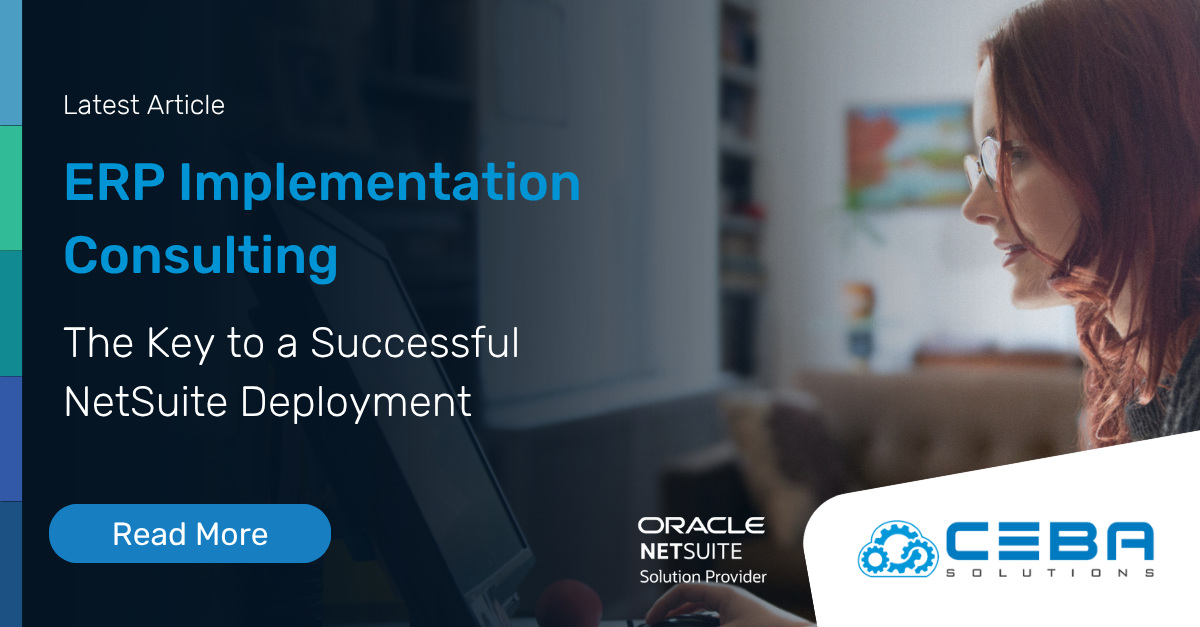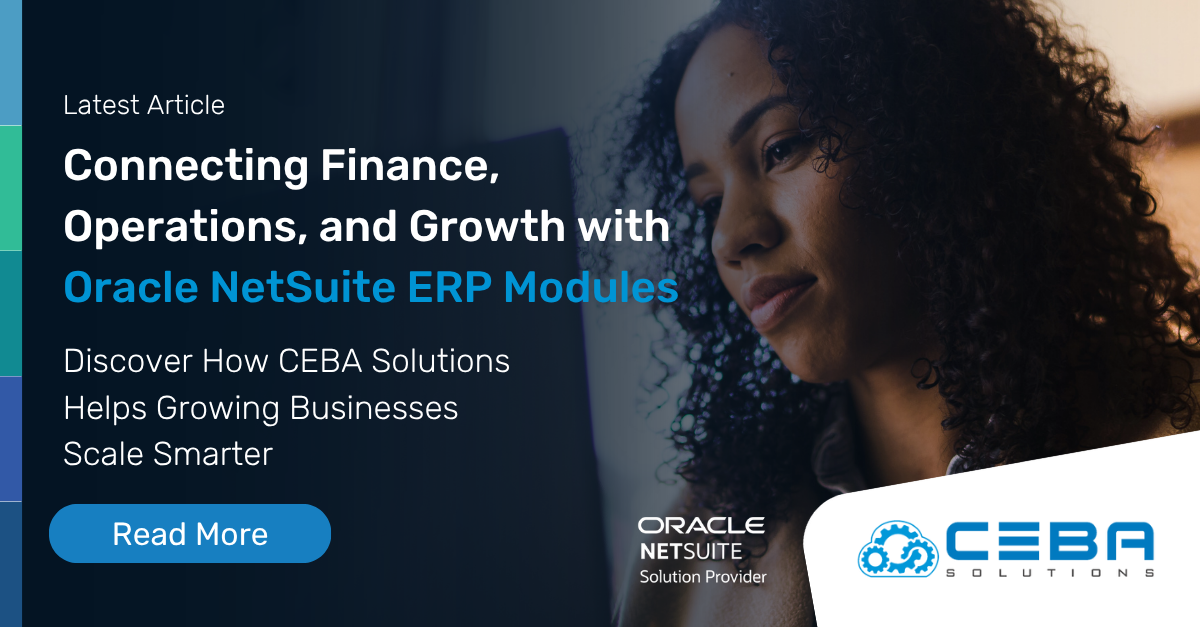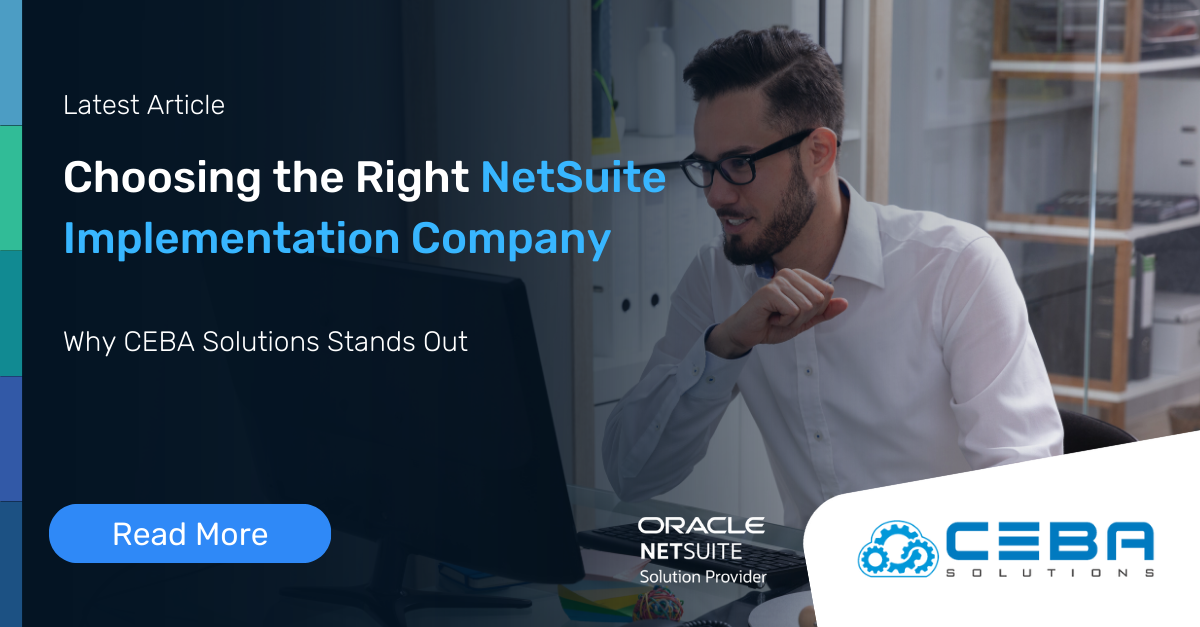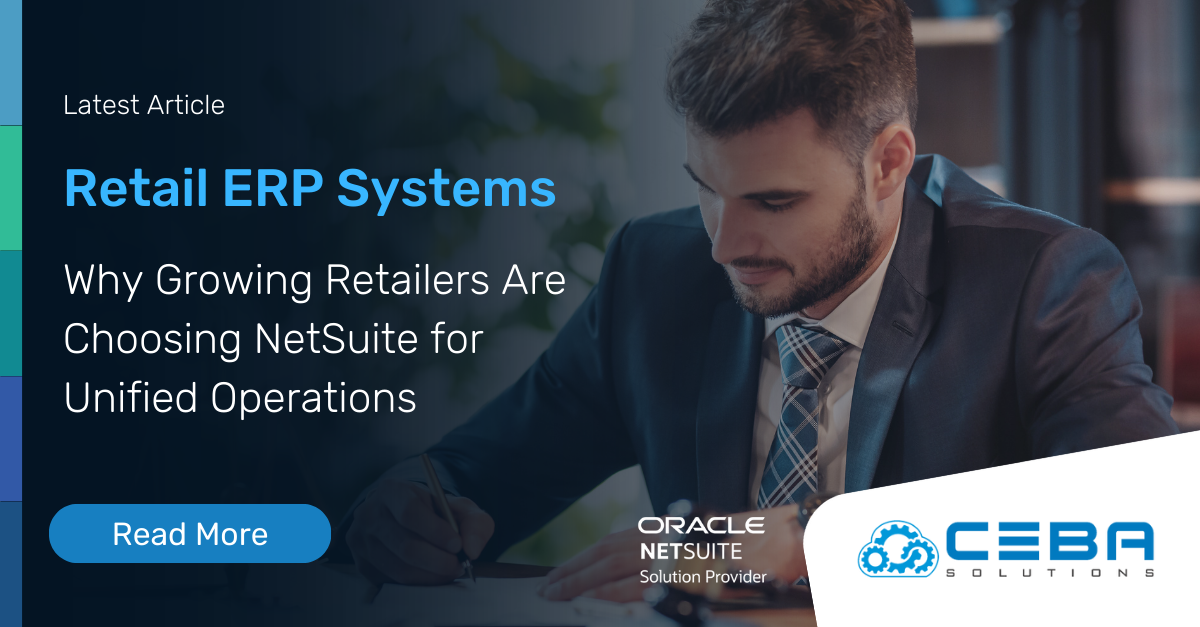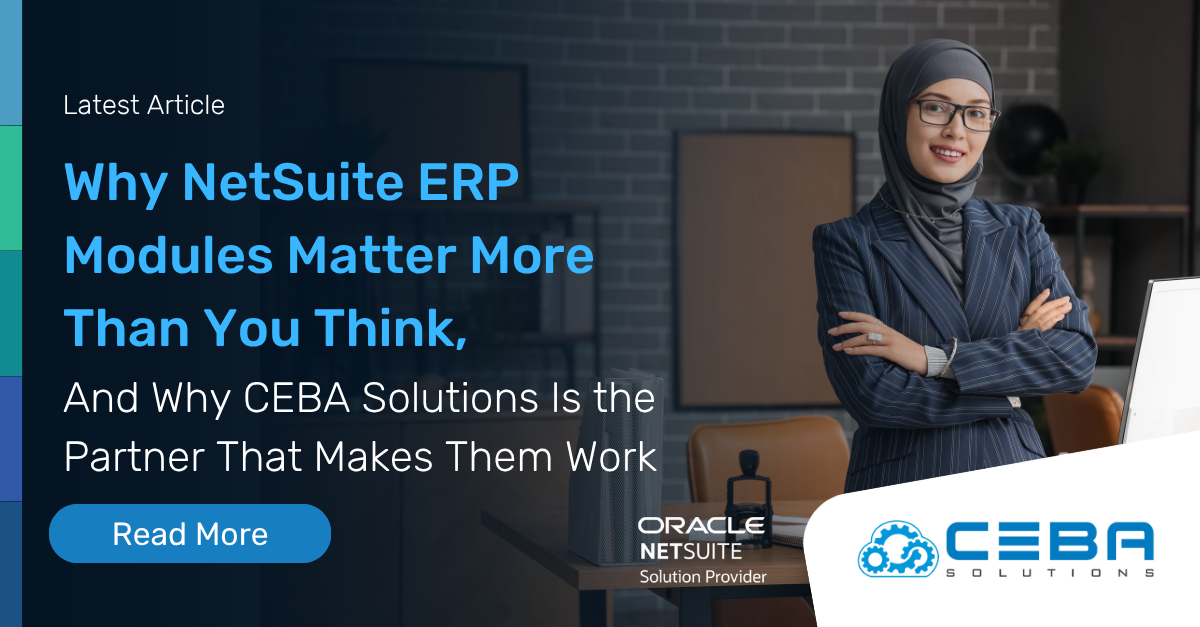
Personalizing the Customer Experience in Retail with ERP-Powered Data Analytics
Personalizing the Customer Experience in Retail with ERP-Powered Data Analytics
It’s true to say that customer expectations are higher than ever. They seek not just products, but personalized experiences that resonate with their unique preferences and needs. This shift has made personalisation a critical component of success in retail, turning it from a luxury into a necessity. To meet these demands, retailers are increasingly turning to data analytics, with Enterprise Resource Planning (ERP) systems playing a pivotal role. This article explores how ERP-powered data analytics is transforming the retail sector by enabling businesses to deliver highly personalized customer experiences.
Understanding ERP and Its Role in Retail
Definition of ERP and Its Core Functionalities
ERP (Enterprise Resource Planning) systems are integrated software platforms designed to manage and automate core business processes. These systems unify data from various departments, such as finance, inventory, sales, and human resources, into a single, centralized system. This integration is crucial for real-time data access and improved decision-making. In retail, ERP systems serve as the backbone for managing complex operations, ensuring that every aspect of the business is aligned and functioning efficiently.
Integration of ERP with Retail Systems
The strength of ERP in retail lies in its ability to integrate with other essential systems, such as point-of-sale (POS) systems, e-commerce platforms, and supply chain management tools. This integration ensures seamless data flow across all retail operations, providing a comprehensive view of the business. By connecting these systems, retailers can make data-driven decisions that enhance the customer experience, optimize operations, and increase profitability.
Benefits of ERP in Managing Retail Operations
ERP systems offer a wide array of benefits for managing retail operations. They streamline inventory management by tracking stock levels and predicting demand, ensuring that products are available when customers need them. Financial management is simplified through automated accounting processes, reducing errors and saving time. ERP systems also enhance supply chain efficiency by coordinating with suppliers and managing logistics. These capabilities lead to cost savings, improved operational efficiency, and a better overall customer experience.
Enhancing Customer Segmentation
Personalisation begins with a deep understanding of the diverse needs of different customer segments. ERP-powered data analytics allows retailers to segment their customer base with unparalleled precision. By analyzing data such as purchase history, browsing behavior, and demographic information, retailers can identify distinct customer groups and tailor their marketing efforts accordingly. For example, high-value customers can be targeted with exclusive offers, while price-sensitive shoppers may receive promotions on discounted items. This level of segmentation ensures that communications are relevant, timely, and more likely to engage the customer.
Streamlining Inventory Management for Personalisation
Inventory management is one of the most challenging aspects of retail, where aligning supply with customer demand is critical. ERP systems provide real-time visibility into inventory levels, sales trends, and supplier performance. By analyzing this data, retailers can more accurately predict demand and ensure that popular products are always in stock. Moreover, ERP systems enable personalized product recommendations based on customer preferences and purchase history. For instance, a customer who frequently buys running shoes might receive suggestions for complementary items like athletic socks or fitness trackers, enhancing their overall shopping experience.
Improving Customer Service with Data-Driven Insights
Customer service is a vital component of the overall customer experience, and ERP-powered data analytics can significantly enhance its effectiveness. With detailed information about each customer's interactions with the brand, including previous purchases, service requests, and feedback, customer service representatives can offer more personalized and efficient support. For example, if a customer has a history of purchasing high-end electronics, a representative can provide tailored advice on complementary products or services. This personalized approach not only improves the customer’s experience but also fosters stronger relationships and long-term loyalty.
Driving Sales with Personalized Promotions
Personalized promotions are a powerful tool for driving sales and increasing customer satisfaction. ERP systems allow retailers to create highly targeted promotions based on comprehensive customer data, such as purchase history and browsing behavior. For example, a customer who frequently buys organic products could receive promotions on new organic lines, while another customer who has shown interest in a particular brand might be offered a discount on their next purchase. By tailoring promotions to individual customers, retailers can boost conversion rates and significantly enhance sales performance.
Leveraging Predictive Analytics for Future Success
Predictive analytics, a key feature of modern ERP systems, allows retailers to anticipate customer needs and market trends. By analyzing historical data, ERP-powered analytics can identify patterns and predict future behavior, enabling retailers to stay ahead of the curve. For instance, predictive analytics can help forecast demand for seasonal products or identify emerging trends in customer preferences. This foresight allows retailers to make informed decisions about inventory management, marketing strategies, and product development, ensuring they remain competitive in an ever-evolving market.
Integrating Omnichannel Strategies with ERP Systems
In today’s retail landscape, customers interact with brands through multiple channels, including physical stores, websites, mobile apps, and social media. ERP-powered data analytics enables retailers to integrate these omnichannel touchpoints, creating a seamless customer experience. By centralizing data from all channels, retailers gain a unified view of each customer’s journey. This integration ensures consistent personalisation across platforms - whether it’s sending a follow-up email after an in-store purchase or recommending products online based on past in-store interactions. A well-executed omnichannel strategy, powered by ERP, ensures that customers receive a cohesive and personalized experience, regardless of how they engage with the brand.
"Retailers must adapt to the growing demand for personalized experiences. Leveraging ERP-powered data analytics is no longer optional but essential for delivering these tailored experiences that customers now expect." - Zabe Siddique, CEO - CEBA Solutions
Enhancing Loyalty Programmes through Data Insights
Loyalty programmes are a crucial part of retail, designed to reward repeat customers and encourage ongoing brand engagement. With ERP-powered data analytics, retailers can make these programmes more personalized and effective. By analyzing customer data, retailers can tailor rewards to individual preferences and shopping habits. For example, a customer who frequently purchases eco-friendly products might receive bonus points or discounts on sustainable items. Additionally, predictive analytics can help identify customers at risk of churn, allowing retailers to offer targeted incentives to retain their loyalty. This data-driven approach not only enhances customer satisfaction but also strengthens brand loyalty.
Optimising Supply Chain Efficiency for Better Customer Experiences
The efficiency of the supply chain has a direct impact on the customer experience. ERP systems provide real-time insights into every aspect of the supply chain, from procurementto delivery. By analyzing this data, retailers can identify bottlenecks, optimize inventory levels, and ensure timely restocking of popular items. This not only prevents stock outs but also enables quicker order fulfillment, resulting in faster delivery times for customers. A streamlined supply chain, supported by ERP analytics, contributes to a smoother shopping experience, fostering customer satisfaction and repeat business.
Customizing Product Offerings with Customer Data
Personalisation in retail extends beyond marketing; it also involves tailoring product offerings to meet customer demand. ERP systems enable retailers to analyze customer data and understand which products are most popular among different segments. This insight allows retailers to adjust their product lines, introducing new items that align with customer preferences or phasing out products with low demand. Customizing product offerings based on data not only enhances the shopping experience but also reduces waste and maximize profitability. By staying attuned to customer needs, retailers can maintain a competitive edge in the market.
Strengthening Decision-Making with Real-Time Analytics
The retail industry is fast-paced, and swift, informed decision-making is crucial to success. ERP systems equipped with real-time analytics provide retailers with up-to-the-minute data on sales, inventory, customer behavior, and more. This immediacy allows retailers to respond quickly to market changes, such as adjusting pricing strategies during a sales event or reallocating inventory to high-demand locations. Real-time analytics also support proactive decision-making, enabling retailers to anticipate customer needs and trends before they fully emerge. By leveraging real-time data, retailers can make decisions that enhance the customer experience, drive sales, and improve operational efficiency.
The Future of Personalisation in Retail
As the retail industry continues to evolve, personalisation will remain a key differentiator for brands. ERP-powered data analytics provides retailers with the tools they need to deliver personalized experiences that resonate with customers and drive business growth. By harnessing the power of data, retailers can better understand their customers, optimize their operations, and ultimately create a more satisfying shopping experience. In an era where customer expectations are higher than ever, ERP-powered personalisation is not just an advantage - it’s a necessity for success.


.png)



